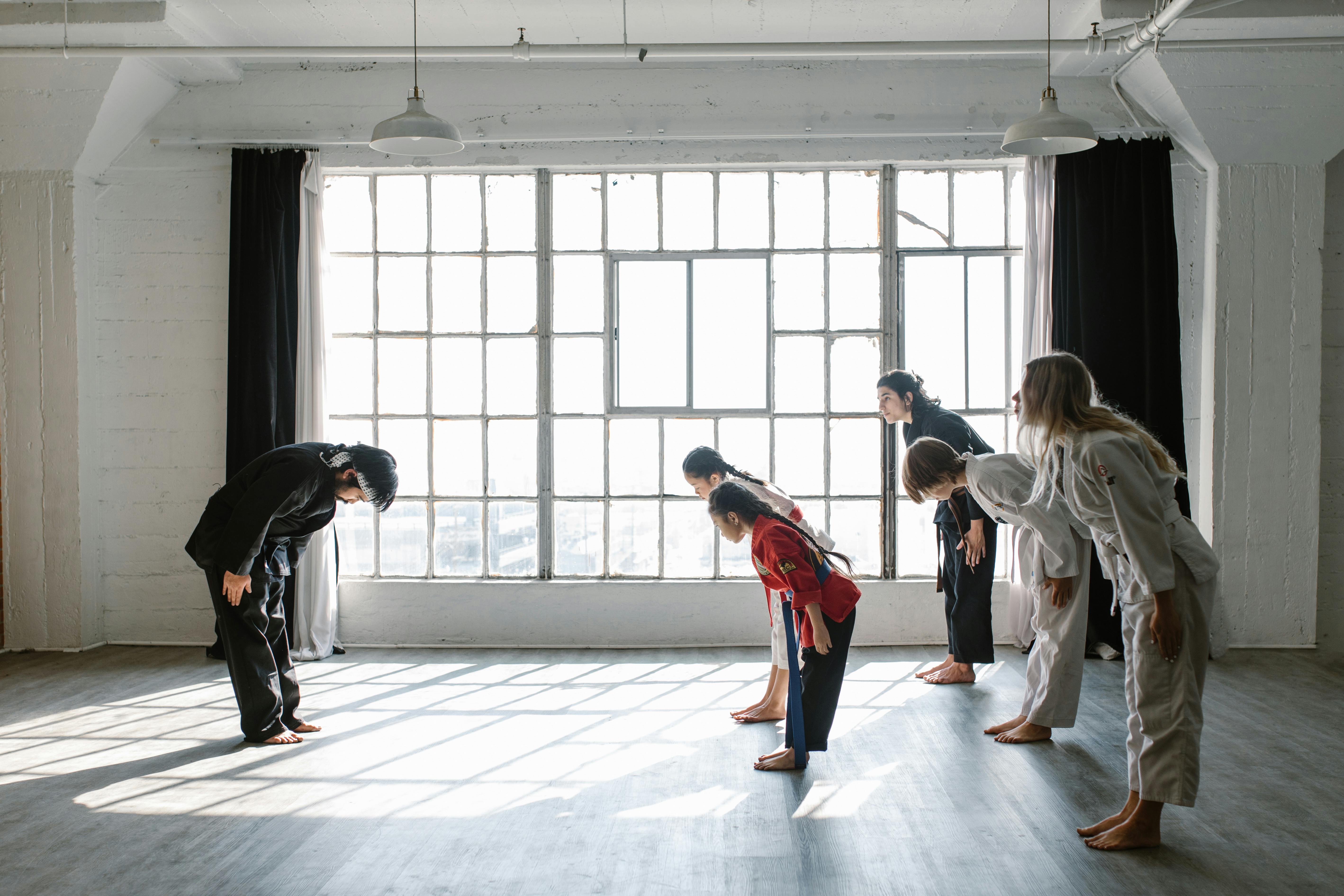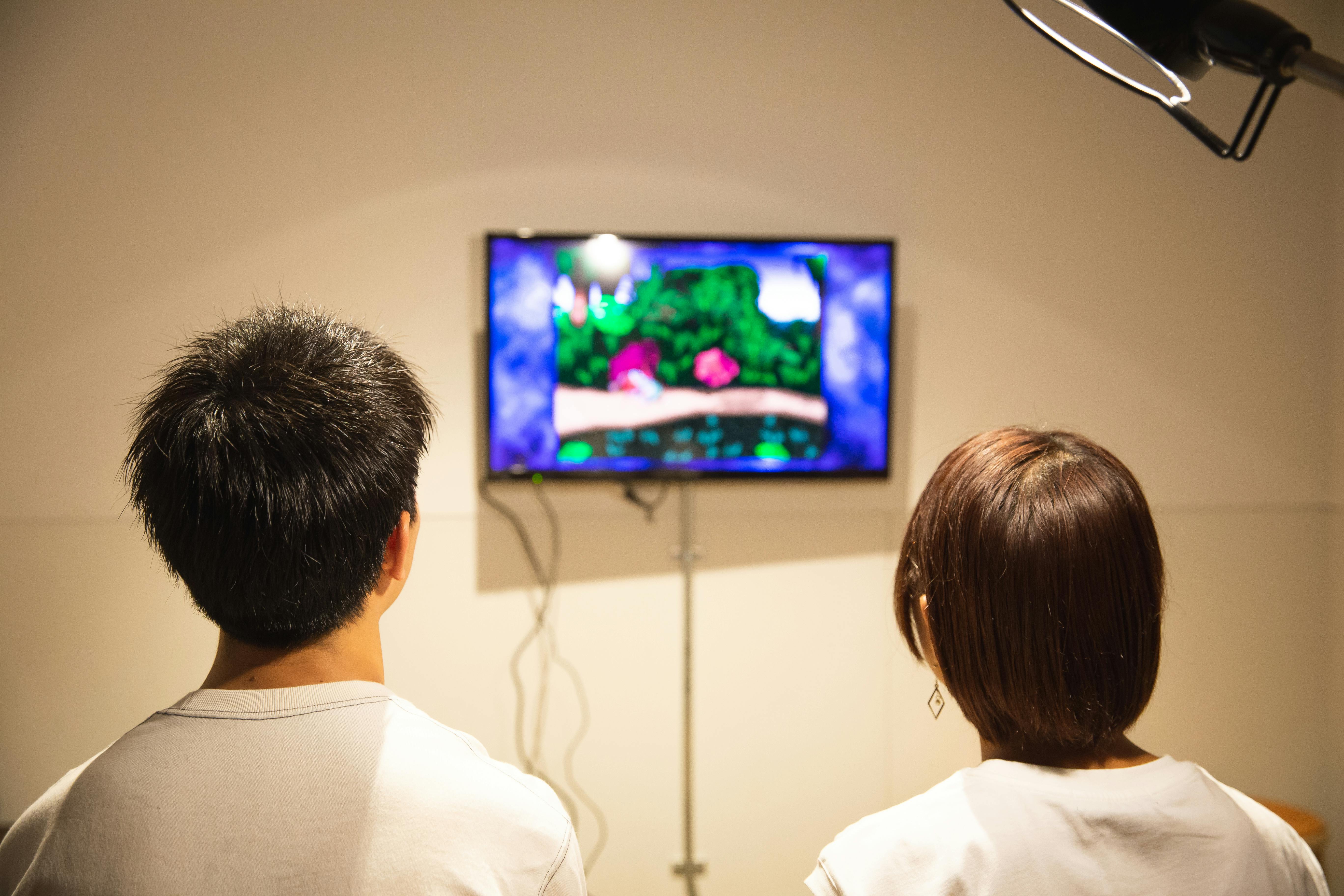Unveiling the Subtleties of Judo: A Journey Through Time and Technique
Judo, a modern martial art, is more than a combat sport - it is a philosophy, a way of life. Born in Japan in the 1880s, Judo was founded by Jigoro Kano, a man who believed in the potential of martial arts as a means of physical and moral education. Kano's vision was to create a discipline that could be both a sport and a means of self-improvement. From its roots in Japanese jujitsu, Judo has significantly evolved, becoming an Olympic sport in 1964 and continuing to grow in global popularity.

The Anatomy of Judo Techniques
Judo is characterized by its vast array of techniques, known as ‘waza.’ These are divided into three primary categories: ‘nage-waza’ (throwing techniques), ‘katame-waza’ (grappling techniques), and ‘atemi-waza’ (striking techniques). Each technique presents unique benefits and challenges, requiring agility, strength, and precision. Modern competitive Judo mainly focuses on ‘nage-waza’ and ‘katame-waza,’ emphasizing the dynamic interplay between balance, momentum, and strength.
The Gentle Way: Judo’s Underlying Philosophy
At its core, Judo is about the efficient use of energy. This philosophy, known as ‘Ju,’ suggests that flexibility and adaptability are more effective than rigid strength. It teaches that one should yield to an opponent’s force, using it to their advantage. This philosophy extends beyond the mat, with practitioners encouraged to apply ‘Ju’ in their daily lives, promoting resilience, adaptability, and harmony.
Judo in Today’s Sports Landscape
Today, Judo is an esteemed discipline in the sports industry, with millions of practitioners worldwide. Competitive Judo has seen a rise in tactical gameplay, with athletes constantly seeking innovative strategies to outwit opponents. The sport’s essence, however, remains true to Kano’s original vision, emphasizing respect, humility, and self-improvement.
The Real-World Applications of Judo Training
Judo training is not confined to the realm of sport. Its physical benefits include improved strength, agility, and reflexes. The mental discipline cultivated by Judo also has far-reaching implications, fostering resilience, strategic thinking, and respect for others. As such, Judo can be a powerful tool for personal development, proving beneficial in various life scenarios.
In conclusion, Judo, with its rich history, diverse techniques, and profound philosophy, is more than a sport—it’s a lifelong journey of self-improvement. Its principles, teachings, and techniques offer valuable insights, not only to those who practice on the mat but also to those seeking to navigate the complex throws and grips of life itself. From its humble beginnings in a Tokyo dojo to its esteemed place in the world sports stage, Judo continues to inspire, challenge, and transform those who embrace its ‘Gentle Way.’




